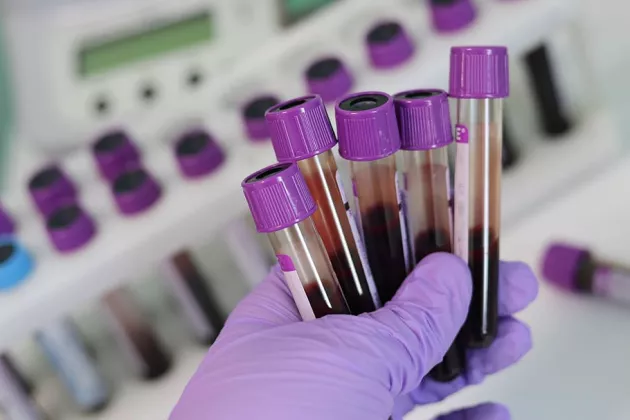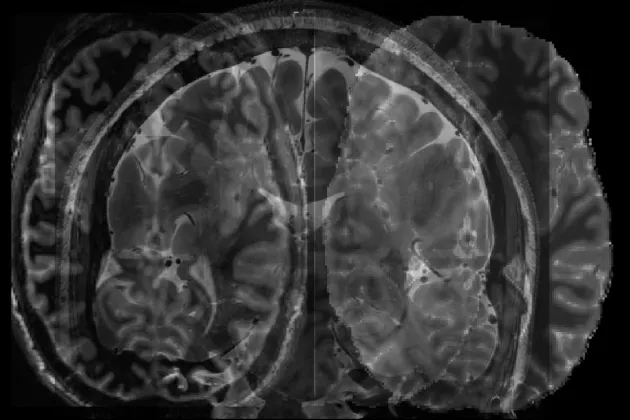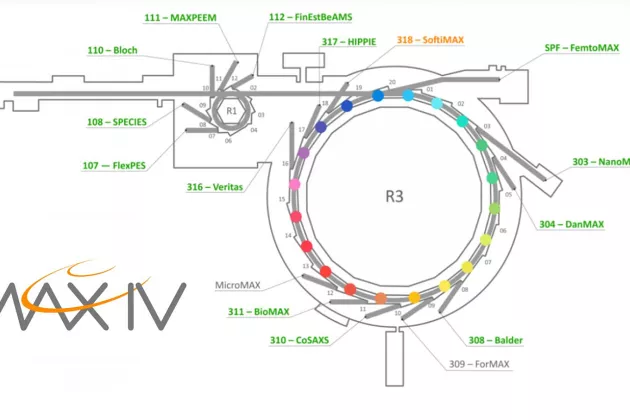Can you shortly describe the research topics included in your SIG?
“This group gathers researchers using and developing pharmacological tools to understand and treat neurodegenerative diseases and neurodegeneration following acute conditions like ischemic stroke and traumatic brain injuries. Our aim is to foster translational projects, all the way from an initial discovery in experimental models to clinical studies. We combine pharmacological studies with investigations into the mechanisms of action of different treatments. For example, some of our groups always complement pharmacological studies with investigations on the pathophysiology.”
Which of MultiPark’s strategic goals does it best align with?
“This initiative is aligned with accomplishing the overarching goal of Multipark to span from internationally leading pre-clinical research to translational and multidisciplinary clinical research across the spectrum of the main neurodegenerative diseases. Moreover, we aim at contributing to the specific goal to create new therapeutic approaches for prevention, disease modification and management of unmet medical needs”
What are your overarching goals?
“We want to develop pharmacological treatment principles for neurodegenerative processes found for example in Alzheimer´s or Parkinson`s disease but also those that occur following acute brain injuries such as stroke and traumatic brain injuries. Another aim is to foster a translational and integrative approach that can bridge experimental and clinical pharmacology. Our group will exploit pharmacological tools to advance mechanism-oriented research.”
What activities do you have?
“We host biannual meetings to discuss common interests and initiatives. More targeted meetings can be arranged on demand to accelerate the development of strategically important projects. During such meetings, specific members share theoretical and technical knowhows with other members. In addition, we may have seminars and workshops, possibly involving MultiPark-supported infrastructures or other special interest groups. Topic for these could be how drug candidates can be identified, validated, and tested in animal models. As our special interest group likely involves projects that may require development in collaboration with industrial partners, we also plan for joint activities with the Multipark innovation group. In particular, there is a need for seminars about protection of intellectual properties and developing discoveries into smaller companies for the final drug development with the industry.“
How many early-career researchers (PhD students, postdocs) are affiliated with this SIG?
“Around 12.”
How do you think that early-career researchers can contribute to the SIG?
“This is an excellent opportunity for early-career researchers to be trained in how to assess the potential of pre-clinical discoveries to be translated into clinical trials. Training activities include seminars, round-table discussions, and workshops involving researchers, clinicians, and experts from the pharmaceutical industry on specific aspects of translational pharmacological research.”












